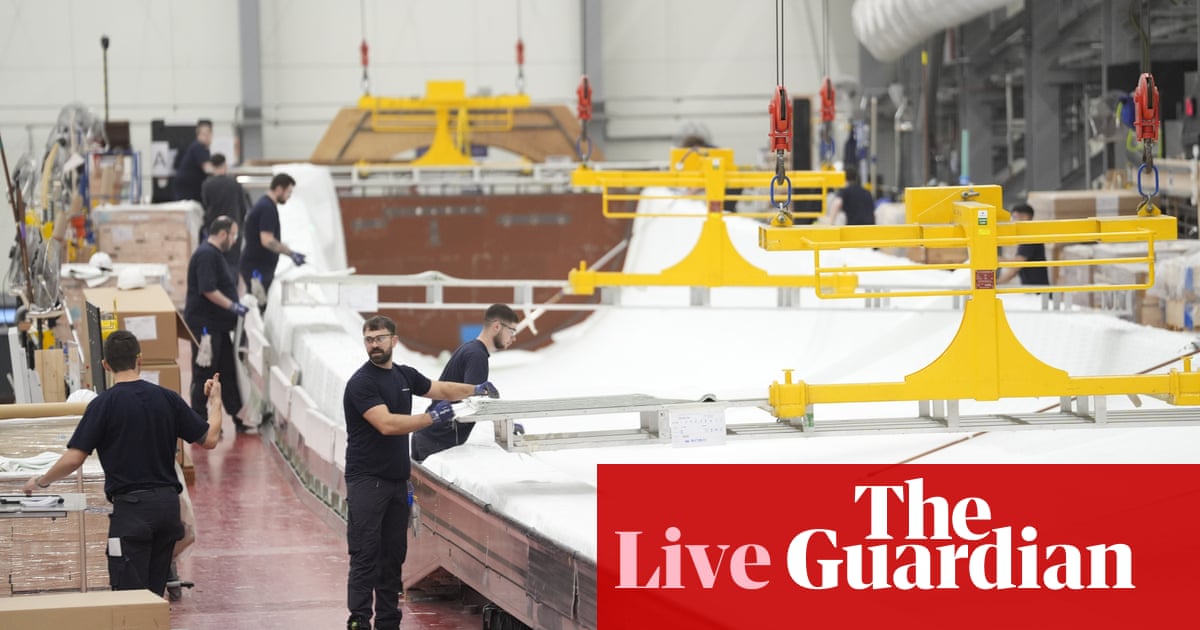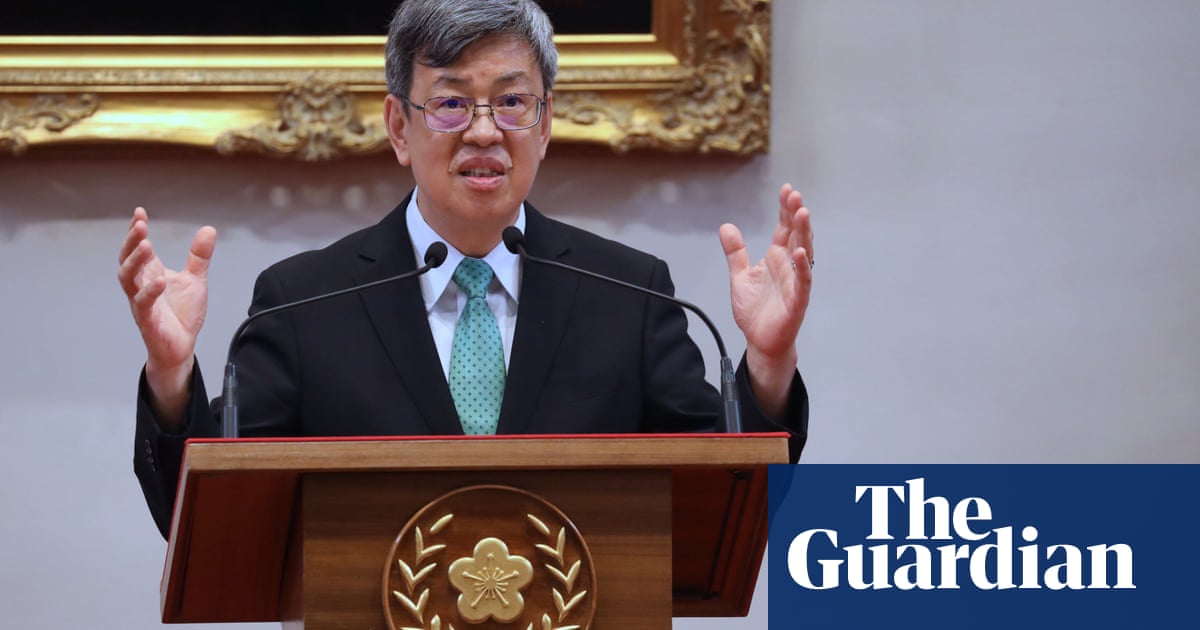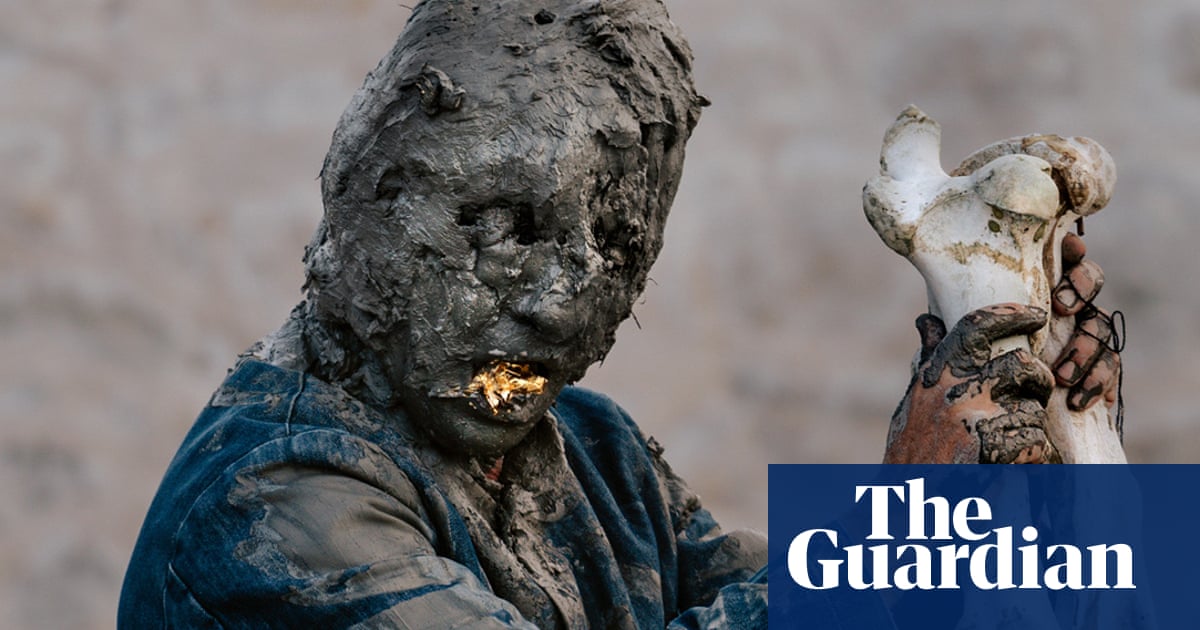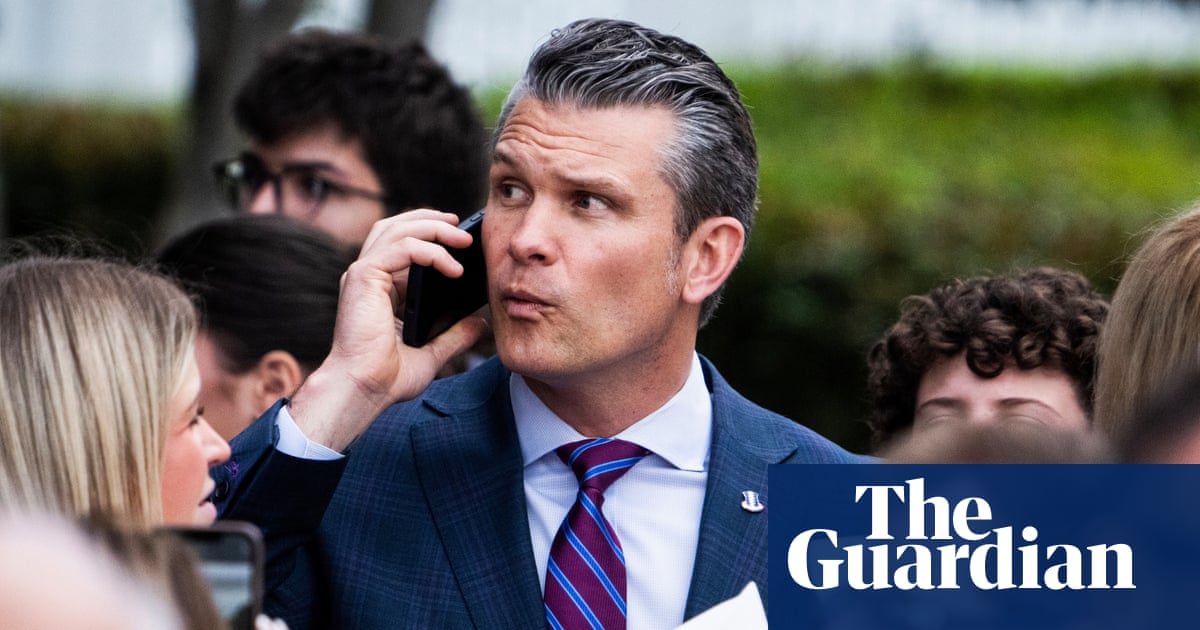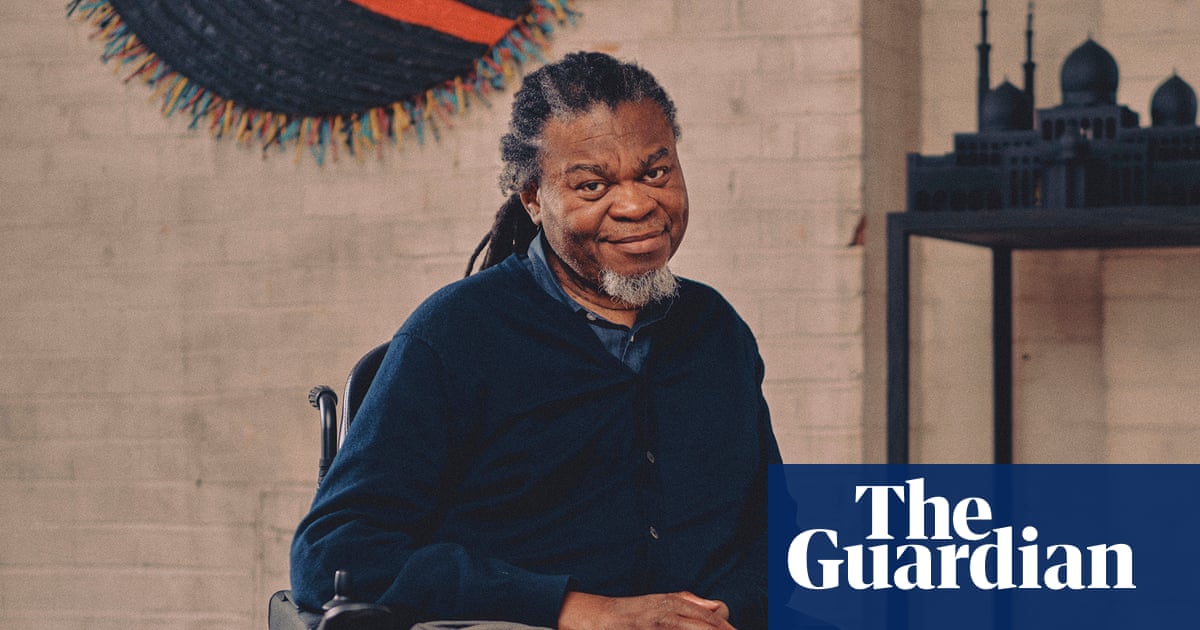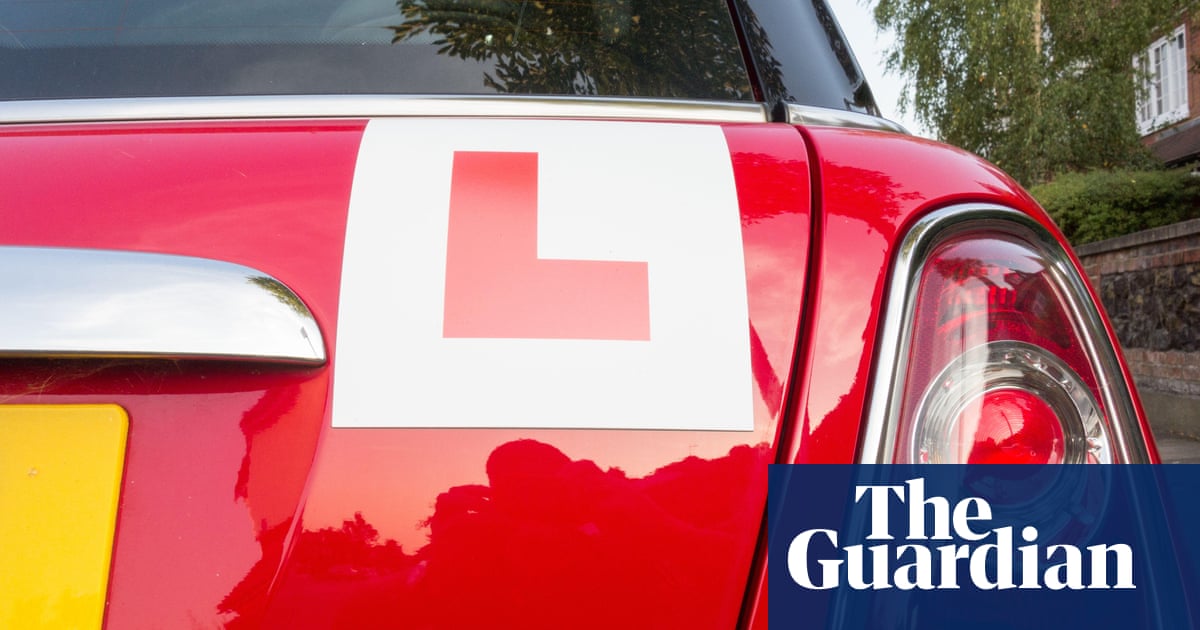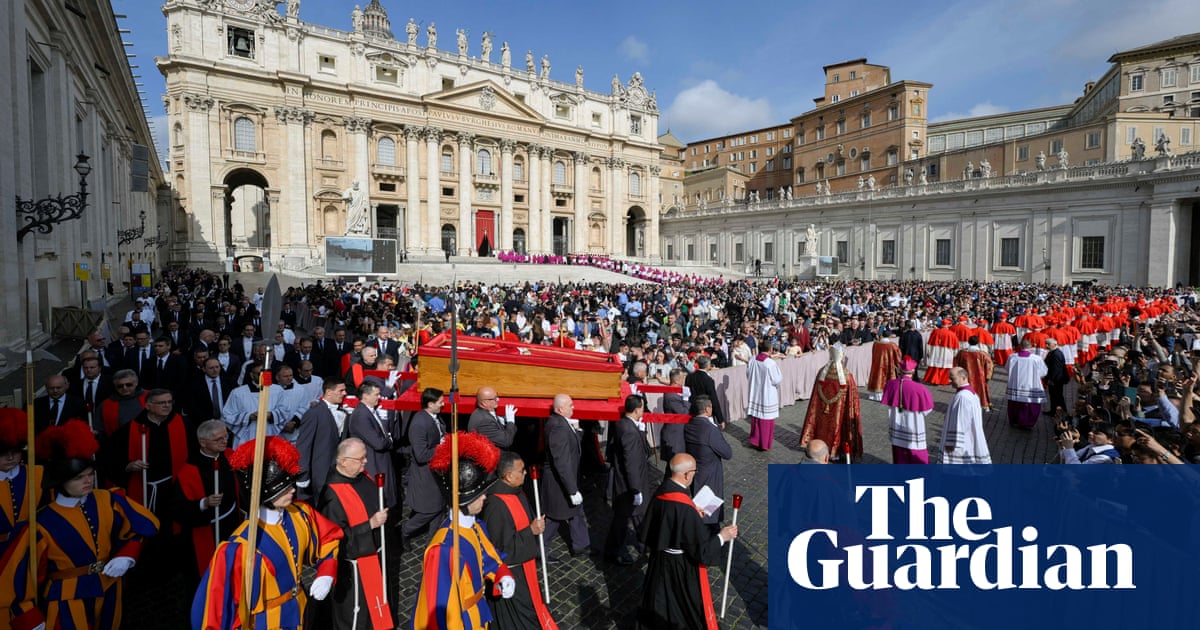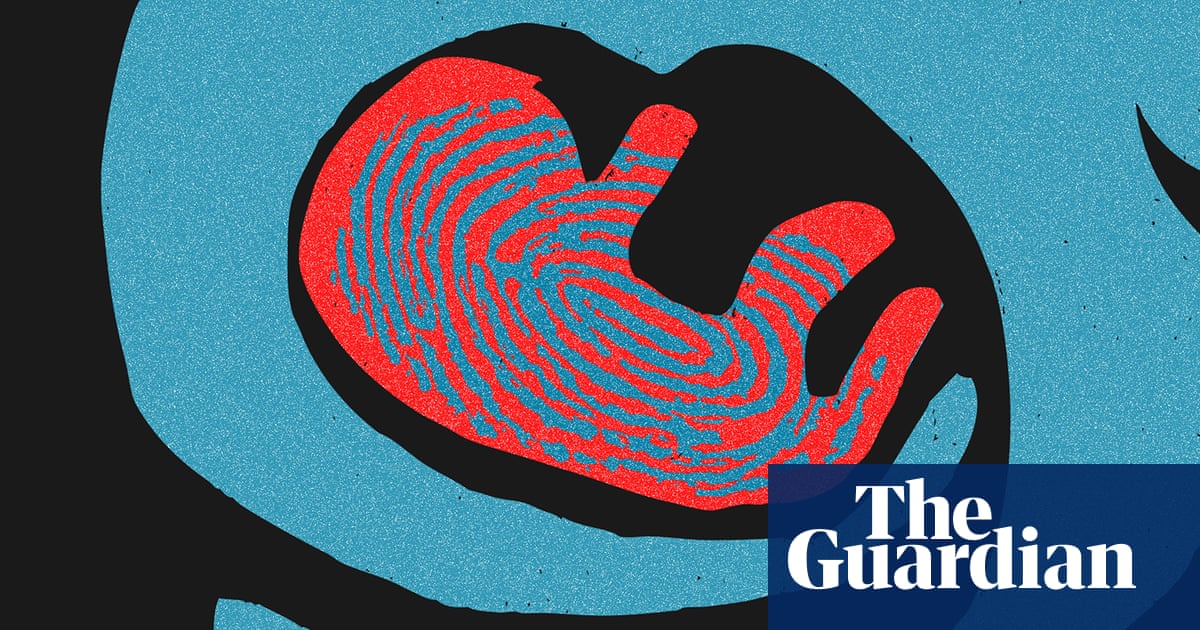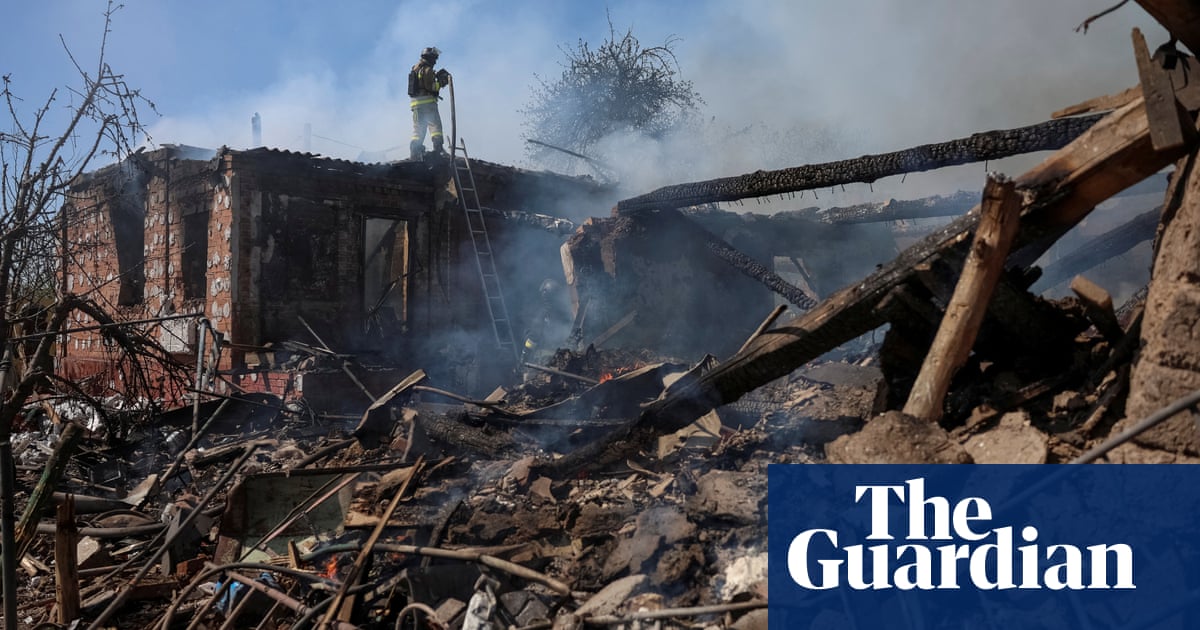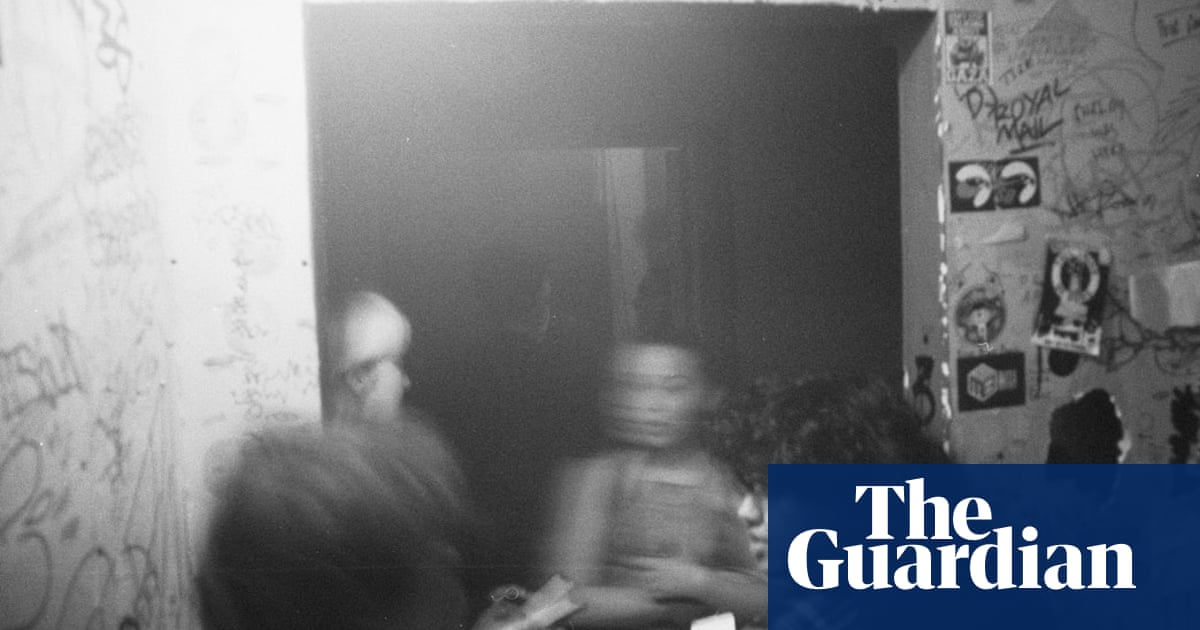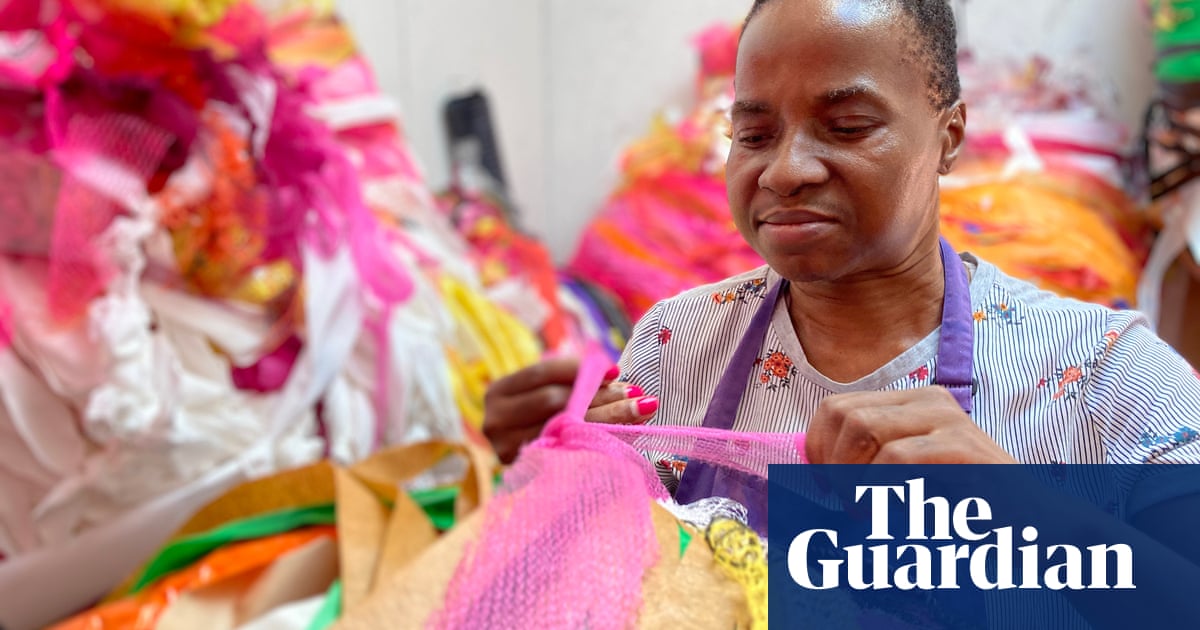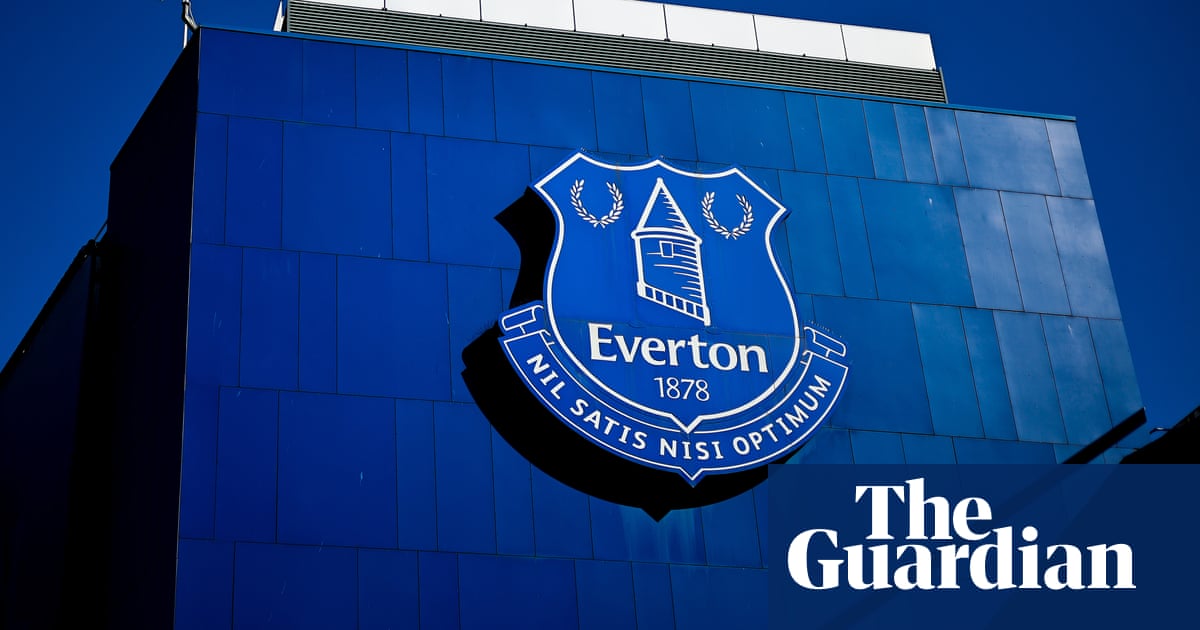Few annual tournaments lay bare the truth as brutally or swiftly as the Six Nations. There are no play-yourself-in pool games, no one-off-the-mark half-volleys. The opposition want your guts from minute one and, particularly away from home, there is no hiding place. Even in boxing they allow you a pair of padded gloves and a breather every three minutes.
If you are not quite at the level of your opponent, even for a relatively short period of time, the scoreboard rarely lies. Until their late, late flurry in Dublin, England were 27-10 down and already pinned on the ropes. Over in Paris on Friday night there were moments when you almost wanted the referee, Paul Williams, to step in and save Wales from any more punishment.
It’s only round one, sure, but get knocked down early in the Six Nations and it is a long, hard road back to respectability, never mind the title. England’s game in Ireland, in particular, was always going to be a pivotal contest for a team that had lost six of their previous eight Tests. Now the ledger reads seven defeats from nine and, if it is not yet panic stations, there are any number of flashing amber warning lights.
Because for all their first-half spirit and defensive energy, England are increasingly mired in sporting quicksand. The more effort they expend to extricate themselves the deeper they seem to be sinking. That was certainly how it appeared during the second half in the Aviva Stadium where the mental and physical energy required to hold firm in the opening 40 minutes left them powerless to respond when Ireland’s bench upped the ante.
There was a certain irony, then, in watching England’s erstwhile fitness guru Aled Walters celebrating Ireland’s success, having transferred across the Irish Sea to join the defending champions last year. After the final whistle Walters could be seen laughing and joking with his old mates Ellis Genge and Luke Cowan‑Dickie but not everyone within the Rugby Football Union will have been quite so amused.

Those at the helm will also surely have noted that, psychologically, England are in an increasingly fragile place. Their record against the world’s top four ranked sides under Steve Borthwick is now played 11, lost 10, with France cracking their knuckles in readiness for the rendezvous on Saturday at the Allianz Stadium, as Twickenham has now been renamed.
It is not a name change that English rugby needs currently, however, as much as an honest assessment of the direction in which the men’s national team – and by extension the RFU itself – are heading. Even if fierce in-fighting within the union was not raging out of control, with a special general meeting scheduled to take place next month and the position of the chief executive, Bill Sweeney, under intense scrutiny, these would be sobering days for those in positions of power and influence.
Fig leaves are in increasingly short supply. Even if you consider Borthwick to be an excellent technical coach who has been dealt an occasionally unfortunate hand, something is clearly missing. It could simply be that England do not currently have enough world‑class players, full stop. No coach in the world can build a top team without the basic raw materials.
But England’s issues extend well beyond that. When Plan A stops working, as happened at the weekend, the entire chariot grinds to a halt. Once they went behind on Saturday night, it felt like the rugby equivalent of Daleks encountering a flight of stairs. Good Premiership players were suddenly running around like headless chickens. At Test level, against ruthless opponents, that never ends well.
after newsletter promotion

Compare and contrast with the certainty Ireland exuded when it really mattered in the game defining third quarter. James Lowe had made his fair share of mistakes and Sam Prendergast had endured a demanding Six Nations debut. Both still had the composure and resilience to bounce back and put their side back on track. Playing for a consistently winning provincial side, Leinster, probably helps.
England do not have that luxury. Almost all the Premiership’s finest have found the Champions Cup a daunting step up this season and that theme is threatening to resurface in this Six Nations. France scored 53 points on their last visit to London and another desperately tough day at the office is now looming for England. Once losing becomes a habit, as it now seems to be, the job becomes harder still.
So is there anything that either Borthwick or Warren Gatland’s Wales can realistically do inside a few days to turn their respective listing tankers around? Yes and no. From England’s perspective it would seem obvious a couple of fresh forward bodies are going to be needed to counter opponents with muscle and pace to spare. Tom Willis at No 8 and Bath’s Ted Hill on the blindside would add attitude and heft while there is also a case for adding someone such as Tom Roebuck to the match-day squad to offer more defensive solidity in the back three.
Gatland, though, is already down to the bare bones in some positions and Italy, who showed some promising signs in defeat against Scotland, will surely scent opportunity in Rome. The experienced former Wales fly-half and captain Dan Biggar has already described the fixture “as the biggest in Welsh rugby for the last 15 to 20 years” in terms of the damage a humiliating defeat could inflict on the nation’s self-esteem. Borthwick’s squad are not yet in the same last-chance saloon but, equally, it is time for the whole English game to remove its collective head from the sand.

.png) 2 months ago
26
2 months ago
26
